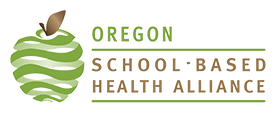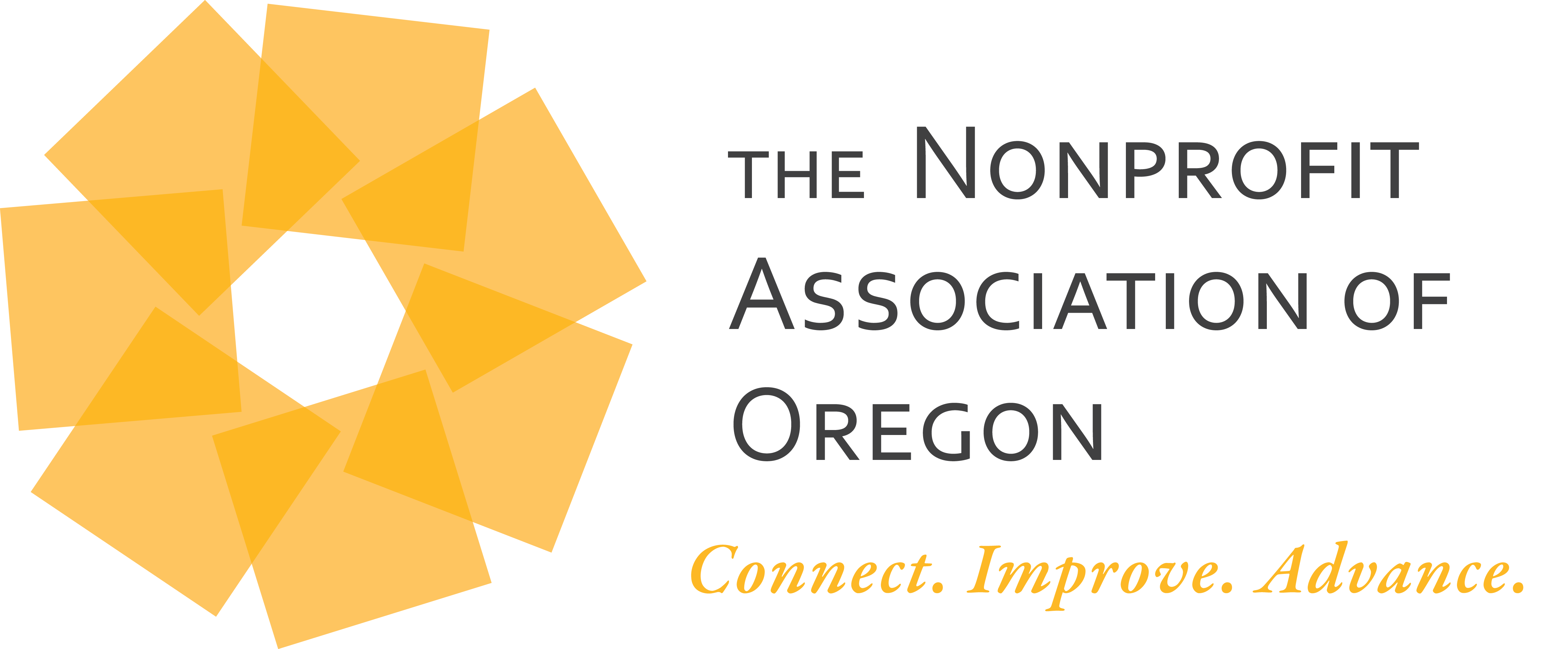OSBHA is excited to announce the RFA release for the 2015-2016 CORE grant program! Check out our FAQ about the CORE grant program!
What is the CORE grant program?
Through the generous support of the EC Brown Foundation, the CORE grant program seeks to assist school-based health centers (SBHCs) as they work with school-aged youth to develop healthy relationship skills and knowledge, with a specific focus on social and sexual health (e.g., teen dating relationships, bullying, LGBTQ, self-empowerment).
What is the size and scope of a CORE grant?
The CORE grant program typically supports projects up to $10,000 with objectives that can be achieved with a 12-month timeframe. Grant funding will vary based on the scope of the activities in approved grants as well as the number of SBHCs or partners involved. Total CORE awards available will be $50,000, contingent on funding.
Who is eligible to apply for a CORE grant?
- Certified school-based health centers in the State of Oregon, or
- Single sites or multiple site systems, or
- Planning sites
- Current member of the Oregon School-Based Health Alliance. If you are not a current member you must join prior to applying. If you have questions about membership contact Tammy Alexander, Interim Executive Director, at tammy@osbha.org.
What are important dates and deadlines?
- March 31, 2015: CORE Grant applications due. Please submit your completed application electronically to suzanne@osbha.org.
- April 17, 2015: Grantee Notification.
- By June 5, 2015: Grantees will work with John Dougherty and Suzanne Flory to refine their Project Grid and submit final project to OSBHA (see Appendix A).
 What are "healthy youth relationships"?
What are "healthy youth relationships"?
The topic of healthy youth relationships is broader than adolescent sexuality and can include topics such as:
- interpersonal communication
- gender equity
- physical and emotional abuse
- peer pressure
- goal setting and life planning
- defining personal values
- violence prevention
- youth empowerment and leadership
What types of CORE projects are funded?
Your project must include one or more SBHCs or planning sites and address at least one of the following menu items:
- Youth Research, Education, and Action – work with youth to research meaningful topics to help them better understand the needs of their peers (e.g., healthy relationships, STIs, bullying). Youth work with adults to determine how to collect data (e.g., surveys, focus groups, photography). They then use this data to develop a project that educates their peers and community about healthy youth relationships. Prior to the start of the school year, OSBHA will work with grantees to develop survey methods and tools so that the emphasis of this project remains on youth education and action. Some examples include:
-
Survey students in health classes on healthy youth relationships. Work with a teacher to offer extra credit to students who participate in a Healthy Youth Relationships art competition/art fair (e.g., health teacher, art teacher). Display the art at school and community events (e.g., parent/teacher conferences, major sporting events, local farmer’s market).
-
Review data from the Oregon Healthy Teens Survey to identify adolescents’ needs specific to your county. Plan a series of workshops offered to youth at your school. Invite community-based organizations and agencies to help plan and/or deliver workshops to youth.
-
Work with youth advocates to deliver their findings to school administrators, school boards, legislators, commissioners, or other policy makers about the importance of SBHC services that support and enhance healthy youth relationships.
- Safe Dates – Safe Dates is a 9 session evidence-based curriculum that prevents teen dating abuse (50 minutes/session). This school-based program is designed to stop or prevent the initiation of abuse between individuals in a dating relationship. The Safe Dates program can stand alone or easily fit within a health education or family or general life skills curriculum. Because dating violence is often tied to substance abuse, Safe Dates also may be used with drug and alcohol prevention and general violence prevention programs.
-
Healthy Youth Relationship Awareness Campaign – Youth-led awareness campaigns help increase the visibility of peer and school norms that promote healthy youth relationships, while educating students and staff about SBHC and community services. Awareness campaigns are popular among adolescents, as they feel empowered and motivated to educate their peers.
-
Love Is Respect – Respect Week is a special way for young people to raise awareness during February’s annual Teen Dating Violence Awareness and Prevention Month. The activities included in this guide are easy to implement by student and youth leaders in schools, sports programs and community/youth groups across the country!
-
NO MORE – NO MORE is a public awareness campaign focused on ending domestic violence and sexual assault. NO MORE seeks to break social stigma and increase resources to address these urgent issues.
-
No Name Calling Week – The Gay, Lesbian & Straight Education Network (GLESN), works to ensure students in every school are valued and treated with respect, regardless of their sexual orientation, gender identity or gender expression. No Name Calling Week is an awareness campaign that celebrates kindness and works to create safe schools free of name-calling, bullying and bias.
-
Work in consultation with the Oregon School-Based Health Alliance to develop a project that fits the needs of your community. This option requires an additional technical assistance call prior to submission.
Who are key stakeholders for implementing a successful CORE grant?
Work with school administrators as soon as possible when applying for a CORE grant (e.g., NOW!). Getting "buy in" from school principals and teachers to implement CORE grant activities is critical to implementing a successful CORE project.
Please note that the menu items in the CORE grant application have been aligned with specific Oregon Health Education Standards and Health Skills and Concepts (See Appendix A). Use these as talking points when collaborating with administrators and teachers to convey that your CORE project will make their jobs easier!
How do I find a "champion" in the school to help support the CORE grant program?
Think outside the box! Often there are health champions connected with the school that might like to partner with you: health and physical education teachers, coaches, counselors, youth groups, parents, and community partners like the health department or a non-profit.
But I'm too busy to write a grant!
We understand that our folks in the SBHC field get busy - and that's ok! This year's RFA includes a Sample Project Grid and Sample Project Budget for each of the menu items (See Appendix A). Applicants are expected to use the Project Grid Template (Appendix B) and the Project Budget Template (Appendix C) to submit a project plan and budget that is specific to their programming needs.
Help! I don't know how to plan CORE project evaluation measures!
Have no fear - John Dougherty is here! OSBHA will provide free project planning and evaluation consultation to CORE grantees before the sub-grantee agreement is finalized on Friday, June 5th. He will also provide ongoing technical assistance throughout the year, as your project unfolds. This helps ensure all grantees are confident that their CORE projects falls within our funding parameters.
How is CORE grant funding dispersed?
Please note that CORE grant funding is not distributed upon grantee notification.The CORE grant program operates on a reimbursement model. Grantees will submit all copies of their receipts and an invoice to OSBHA in January and June 2016. CORE grantees will be reimbursed for these expenditures within one month of their submission.
What should I do if I have remaining questions?
Participate in a Q & A Conference Call on Wednesday, March 4th. To register, contact Suzanne Flory at suzanne@osbha.org
Follow a Q & A session electronically through our Online SBHC Community that will begin on Monday, March 2nd.
| Attachment | Size |
|---|---|
| 204.83 KB | |
| 1.15 MB | |
| 60.79 KB | |
| 605 KB |

